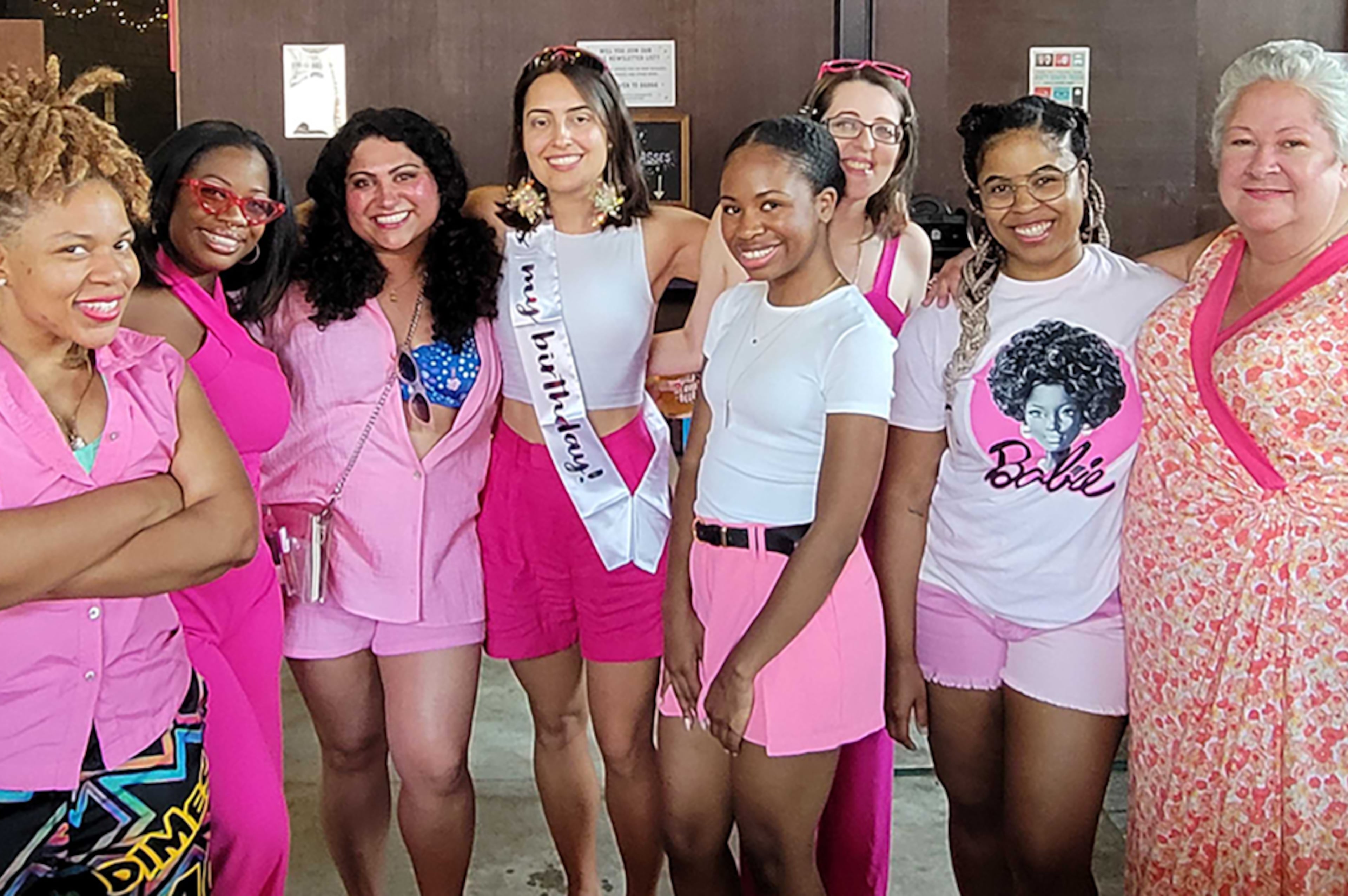With heritage both black and Latin, I also am American
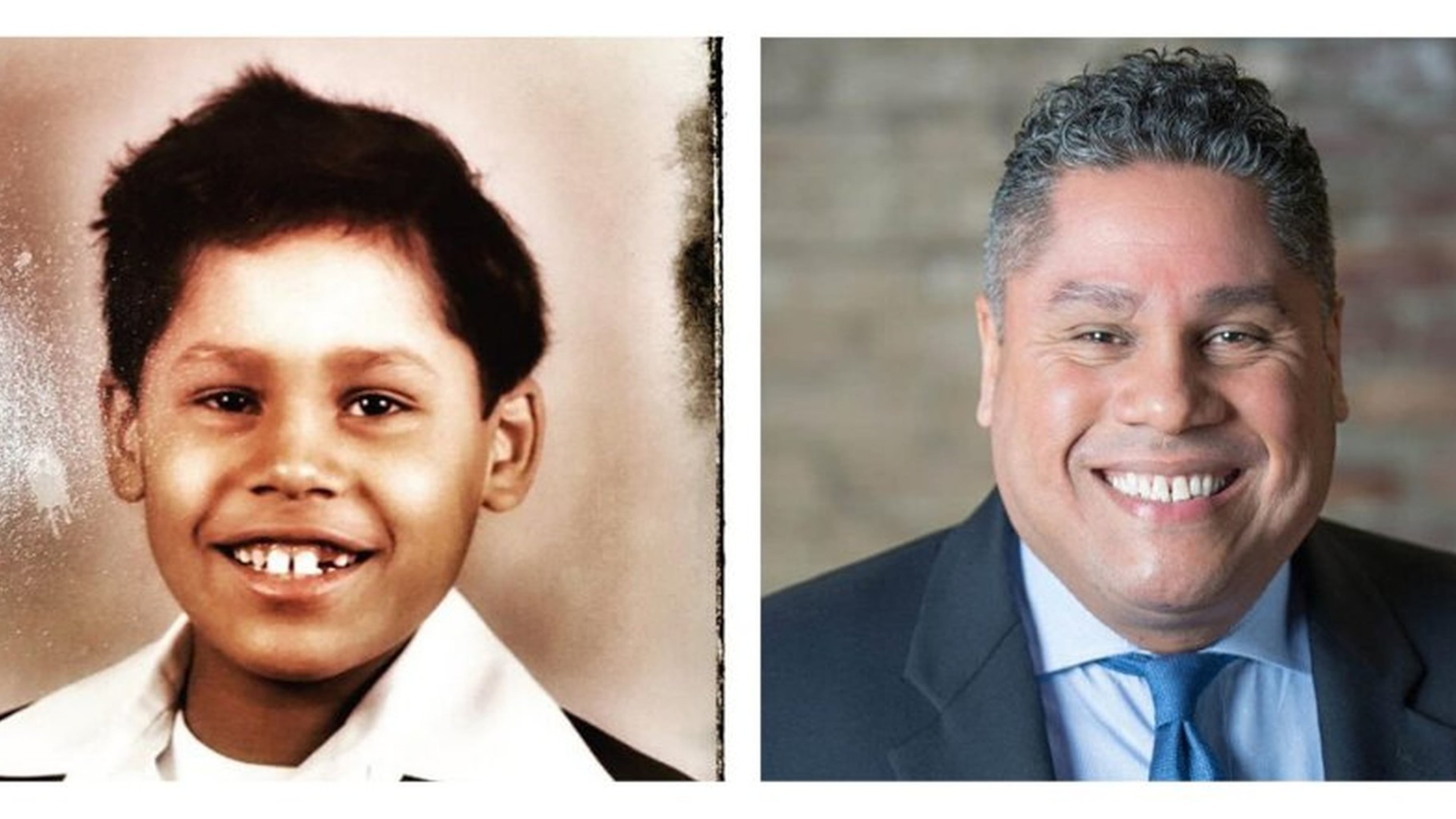
During the month of February, The Atlanta Journal-Constitution will publish a daily feature highlighting African American contributions to our state and nation. This is the fifth year of the AJC Sepia Black History Month series. In addition to the daily feature, the AJC also will publish deeper examinations of contemporary African American life each Sunday.
February is always an interesting month for me. Like many who self-identify as black, I appreciate the attention, given our collective history and culture.
Our stories deserve to be told, fully, authentically, and honestly because black history is American history. Yet, as a Puerto Rican who identifies as Afro-Latinx, I feel my story and contributions still remain on the periphery. In this age of intersectionality, it is important to acknowledge our existence and offer space to authentically contribute our narrative. As many who know me can attest, I am not solely Latinx or black, I am both — equally proud and equally present.
(Latinx is a recently coined term for a person from, or whose ancestors were from, a Spanish-speaking land or culture or from Latin America.)
» MORE: Full coverage of Black History Month
I clearly remember at six years old my mother having a conversation with me prior to our visiting Puerto Rico to see my father’s family. She felt it was important to inform me that my grandmother was darker-skinned. I guess she was worried about my making some rude comment. I can appreciate her sensitivity because no one in my immediate family looked like her although my mother has brown skin. Now, at six years old, I was going to be introduced to my grandmother, a black woman from Puerto Rico.
This moment was the beginning of my journey toward affirmation and full appreciation of who I am. Even though I grew up in Brooklyn, I was still unclear as to what it meant to be Latinx or how to reconcile my love of black culture. Even in the city that produced the Young Lords Party, I still remained invisible to my own self.
It was not until I attended Morehouse College did the context I longed for start to appear. My readings introduced me to Arturo (Arthur) Schomburg, the country’s first major black bibliophile, whose collection supported the research of W.E.B. DuBois, Carter G. Woodson, John Hope Franklin, Langston Hughes, Zora Neale Hurston and James Weldon Johnson.
Arturo was fiercely proud of being black and Puerto Rican.
» FROM 2017: Puerto Ricans in Atlanta: Immigrants in their own country?
I also became aware of other great men who proudly identified themselves as black and Puerto Rican.
Like abolitionist and medical doctor Ramón Betances; José Campeche, an 18th century artist whose father was a freed slave; and Pedro Albizu Campos, a Harvard-trained attorney and father of the Puerto Rican independence movement.
Studying history helped me understand why my grandmother looked the way she did. It offered clarity as to how African culture contributed to my heritage. I started realizing that embracing my blackness did not constitute shunning my Latinx identity. On the contrary, I can be both because I am both.
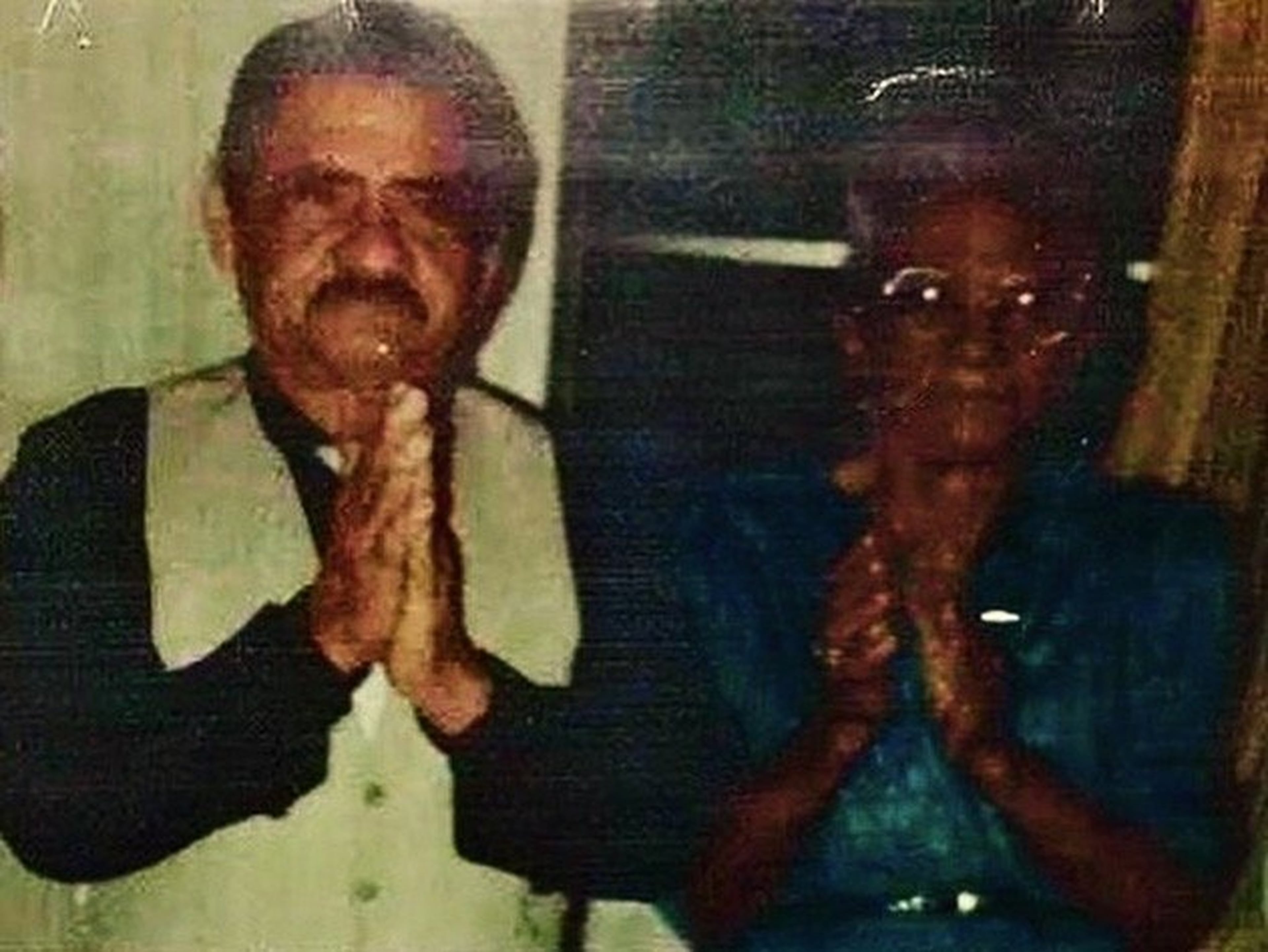
» RELATED: ‘Tragic Mulatto’: Past depictions give way to today’s biracial pride
The notion of African people deriving from Latin America and the Caribbean may seem “foreign” to some. Harvard University professor Henry Louis Gates, in his 2011 book “Blacks in Latin America,” offers some insight. Gates writes that between 1502 and 1866, the Middle Passage brought 11.2 million Africans into the New World on slave ships.
Of those 11.2 million people, only 450,000 came to the United States.
That means that over 10 million people from West and Central Africa were transported to Mexico, Peru, Venezuela, Colombia, Brazil, Cuba, Dominican Republic, Puerto Rico, and other countries in the hemisphere.
To make a finer point, Puerto Rico established its slave system in 1511 and abolished the practice in 1873. That was 108 years before the first Africans were brought to the Virginia colony in 1619 and eight years after ratification of the 13th Amendment, which abolished slavery and involuntary servitude in the United States.
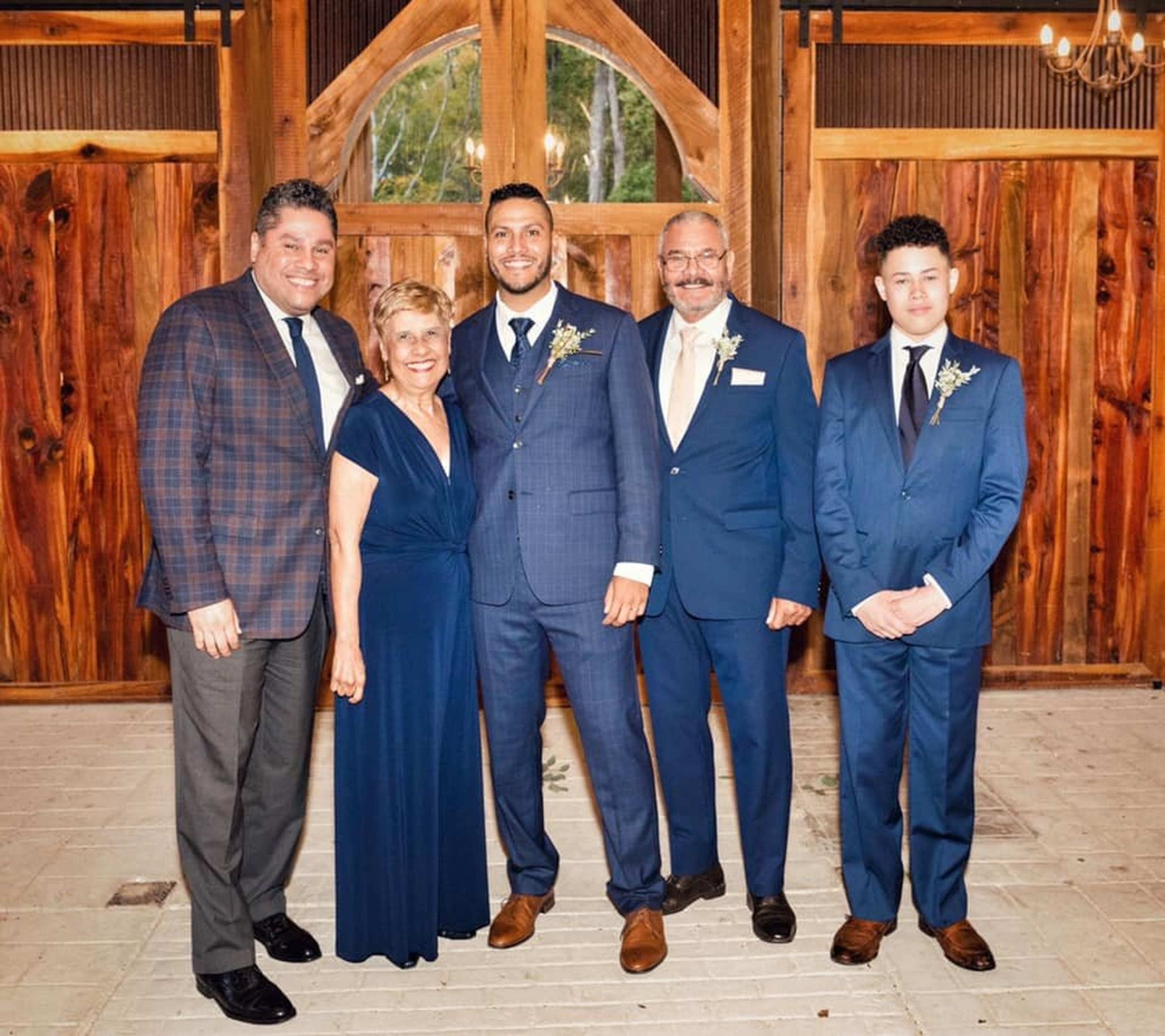
»RELATED: Double-consciousness: Blacks have always had to navigate two worlds
The Latin American experience is very much a black experience and deserves to become part of our collective American story, interwoven with the other stories that began somewhere else in the world but found a home in the United States.
Some would argue the appropriate time to celebrate my history and culture is during Hispanic Heritage Month. That is a valid argument, and consideration should be made to highlight the contributions by Latinx people of African, Indigenous, Asian and European origin.
»RELATED: AJC Sepia Black History Month 2020: Afro-Latino Music Playlist
But if we can be honest, the African and Afro-Latinx story has never been fully embraced within Latin America and the Caribbean. Of course, the culture permeates the music, art, food, and dance, but the people remain invisible and ignored. This reality is best described in the 1958 play “Vejigantes” (“Devil Mask” in English) by Puerto Rican playwright Francisco Arrivi. It chronicles the life of three women of different generations: the grandmother who is phenotypically black, her daughter who is biracial and shamefully hides her hair in a turban, and the granddaughter who is one-fourth black, in love with a white man from the American South and serves as the catalyst for their racial affirmation. Within these three women, Arrivi tells our Latin American and Caribbean story about race: No matter how hard some try, the truth always emerges.
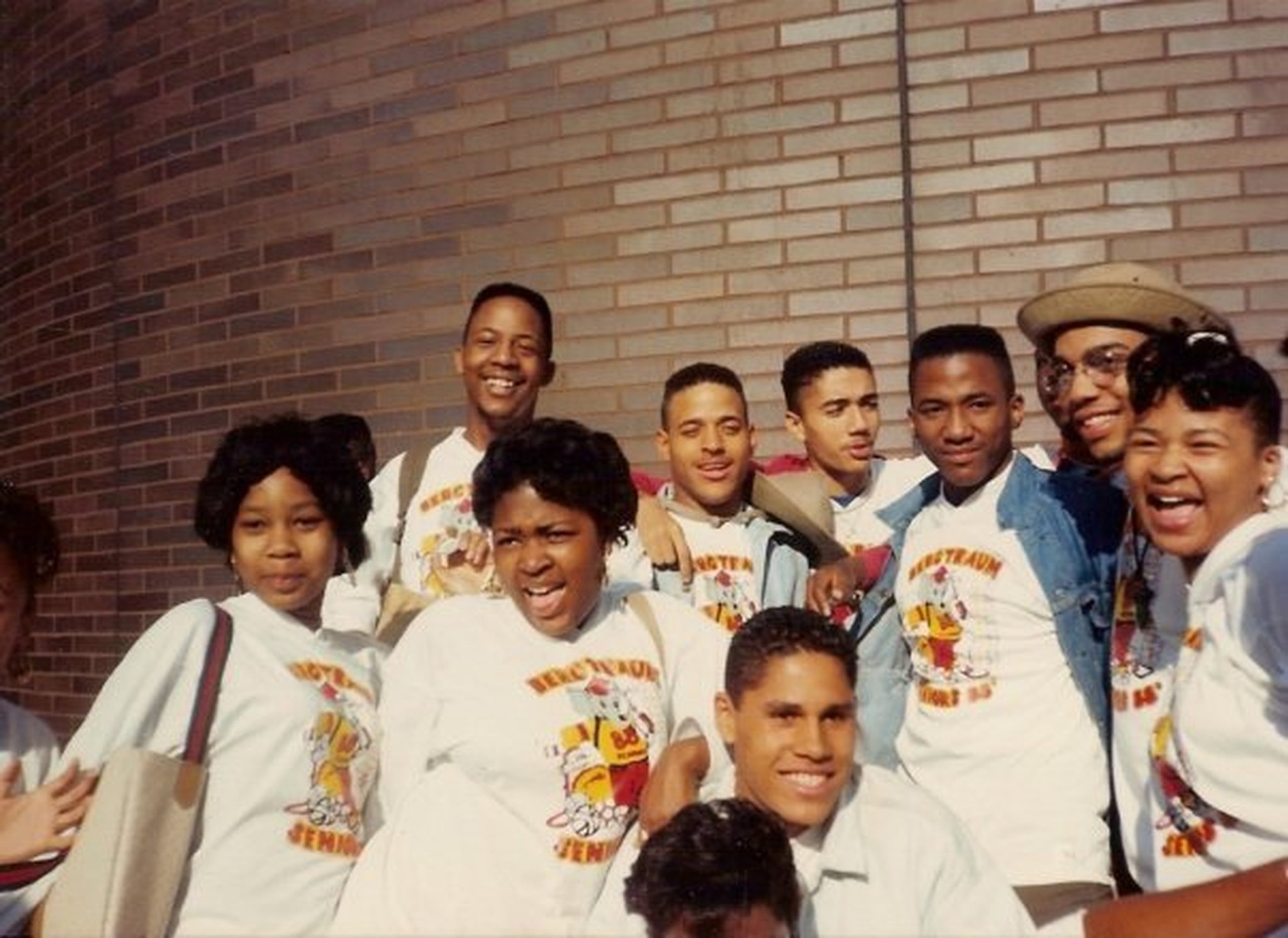
»RELATED: How Brazilian soccer great Pele navigates race
This journey toward self-identity has not been easy. Too many times I succumbed to imposter syndrome when amongst other Latinx people. I believed embracing my blackness was a barrier preventing full acceptance into the community. I created an archetype for Latinx identity that could never be achieved. Only when I found the appropriate language and framing did I come to realize my truth, in all its liberating glory.
Today, about 130 million people of African descent live in Latin America and, according to a Pew Research Center survey, about one-quarter of all Latinx people in the United States self-identify as Afro-Latino, Afro-Caribbean or of African descent. As well, many younger Latinx Americans are fully embracing their African heritage and culture. They understand that being Black and Latinx is not a binary proposition, but an intersectional reality many of us embrace and hope to share with the world. Therefore, it is incumbent upon us to claim February as our own as much as we do September and October.
We are Black. We are Latinx. We are Proud. We too are America.
Joel Alvarado is the Executive Vice President of External Affairs at Ohio River South. He is a graduate of Morehouse College, Clark Atlanta University, and is currently pursuing his doctorate at the University of Alabama. He lives in Midtown with his wife, Karcheik Sims-Alvarado, and son Nation.
BLACK HISTORY MONTH
Throughout February, we’ll spotlight a different African American pioneer in the Living section every day except Fridays. The stories will run in the Metro section on that day.
Go to www.ajc.com/black-history-month/ for more subscriber exclusives on people, places and organizations that have changed the world and to see videos and listen to Spotify playlists on featured African American pioneers.
More Stories
Keep Reading

